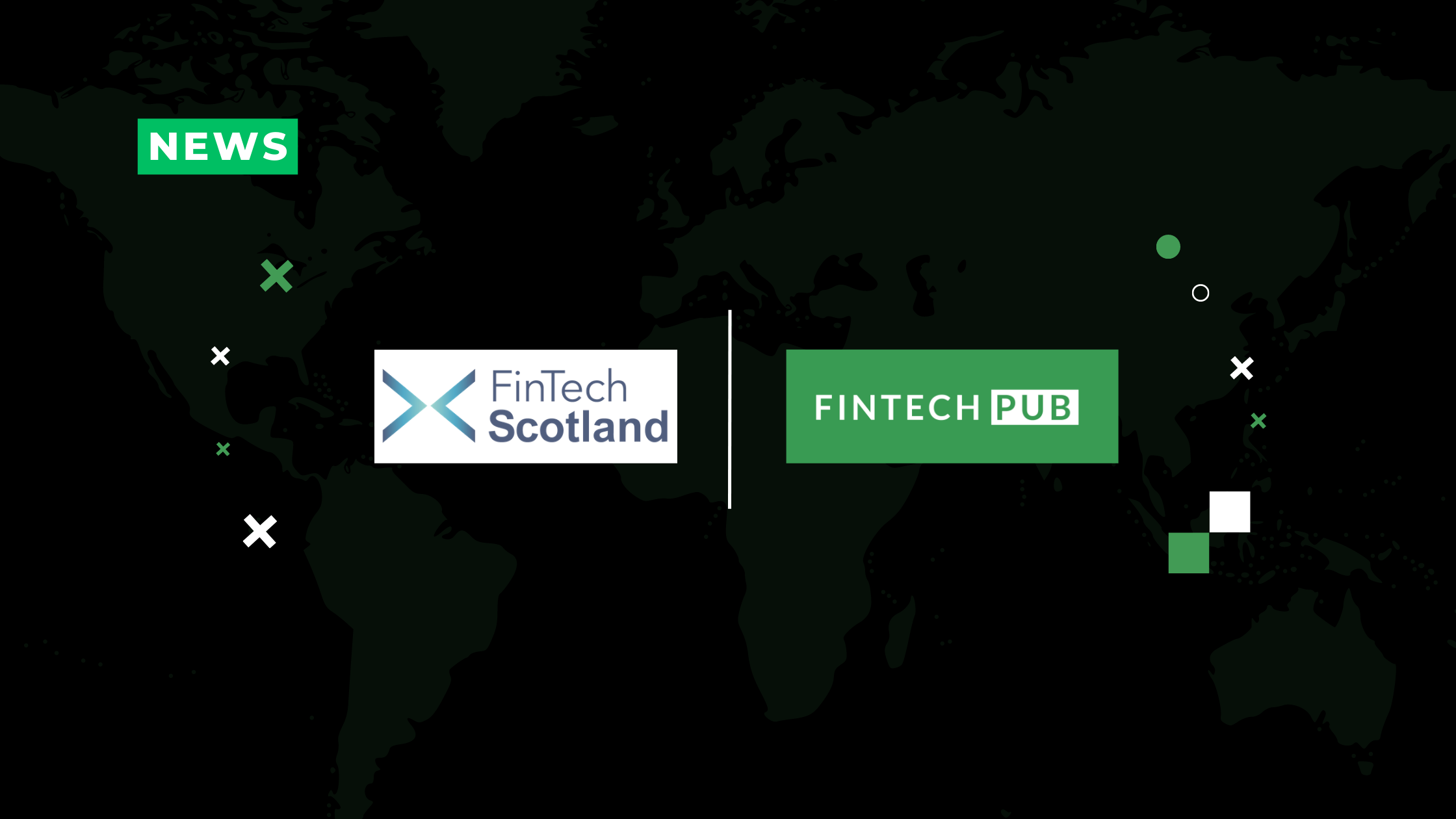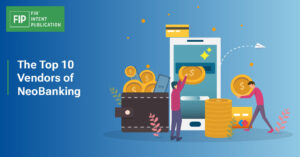The CEO of Fintech Scotland, Nicola Anderson, spoke about recent and upcoming changes in the Scottish fintech industry.
A non-profit organization called FinTech Scotland was founded in 2018 with 26 fintechs and has now expanded to house 224 fintechs in its network. The development, commercialization, and investment that are exploding in Scotland’s financial services and fintech sector thrill Anderson.
The difficulties faced by the Scottish fintech community are comparable to those experienced by British fintech’s, according to Anderson: “The priority are skills, access to talent, financing, and a commercialization route to market. Since the majority of Scottish fintech entrepreneurs are creating B2B or B2B2C offerings, it’s critical that they have the chance to collaborate with major financial institutions as they create their solutions.
FinTech Scotland is working on several projects to support innovation and expansion in the sector, such as their Innovation Challenges, which are partnerships with other organizations that draw entrepreneurs to pitch solutions, two of which are already available on the market. One Innovation Challenge in collaboration with Lloyds Banking Group garnered 85 applications from 31 countries in 2022; this year, they received 210 applications, more than double that number.
FinTech Scotland is committed to fostering fresh talent and fostering interest in the sector through collaboration with colleges, universities, and educational institutions. Anderson clarifies:
“We visit universities and colleges to create talent placement strategies that work with their current programs because there is an urgent need to place and develop talent and skills. Additionally, considering the longer-term need leads us to the topic of fintech for schools. Working with secondary schools in Scotland, we consider how to spark students’ interest in the field and encourage them to consider it as a career. We also encourage connections between schools and fintech companies.”
According to Anderson, the organization is presently setting the groundwork for R&D in the industry’s future, with activities to be expanded upon over the course of the following year. She cites the FinTech Research and Innovation Roadmap, which was released in 2022 and outlined the agenda for new initiatives and focus areas for the future of fintech in Scotland. She claims that all four of these key areas—climate finance, open finance data, payments and transactions, and financial regulation—have experienced growth and development.
“We are currently striving to develop a financial regulation Innovation Lab, assisted by the UK government’s new innovation accelerator, providing support across three regions of the UK, Glasgow, Manchester, and the West Midlands.”
Anderson goes on to say that FinTech Scotland and other international organizations have successfully collaborated. She mentions that work with FinTech Wales and Northern Ireland has been thriving and that the Fintech National Network was founded in 2018 by FinTech Scotland, FinTech North, and Innovate Finance. In order to help one another and keep fostering innovation, there has been constant communication across the regions.
According to Anderson, future trends in the Scottish fintech market are comparable to those in the UK, with a strong emphasis on open finance, data-driven innovation, climate financing, and the evolution of digital assets. She points out that Scottish cities like Edinburgh are in a great position for new prospects due to their depth of knowledge and data-driven innovation.
Anderson comments on technological advancements in the field of climate change: “There is significant investment going into the UK, in Scotland and in the southwest of England, into space innovation, including space data, the capability of satellites to capture data, which will potentially play a role in helping build better insights to help address the climate agenda. As we develop better insights, look for answers, and consider new approaches to the climate challenge, there is a really good relationship between space innovation, satellite capture data, and earth observational data in climate finance.”





